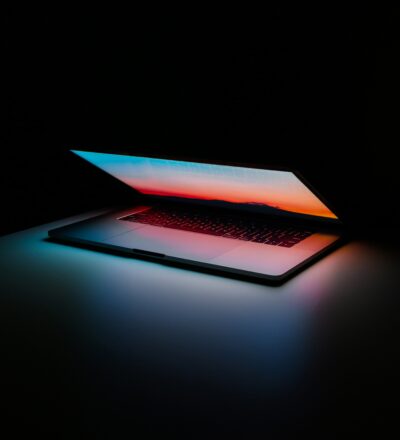This whitepaper gives an overview of experiences gathered at ISPT on the use of augmented and virtual reality as education tools. The experience was gathered in multiple projects and highly connected with the human capital agenda’s of the Topsectors Energy and Chemistry.
Using augmented or virtual reality tools can help improving reaching educational goals especially for training about spatial, 3d or morphological problems. Another very suitable application is to train for situations that are otherwise impossible to reach or simulate like maintenance at high or remote places and safety incidents in a chemical plant.
Creation of high tech content is expensive so when possible opt for low tech tools that are affordable at knowledge institutes and which do not require a high digital literacy. The tools must be used by all teachers and trainers not used by the early adopters that are highly digital literate. Start with the learning objectives and target group in mind and be careful to plan the complete creation and usage cycle. That includes scripting, recording, editing and publishing. Check the possibilities to publish the content and courses on the trainee’s own devices like smartphones, cardboard VR holders and tablets. This will avoid high investment costs and upgrade costs to new software and hardware levels.
To create true digital platforms, the portability of created course and content across the different platforms is highly important so prevent a vendor lockin and investigate export possibilities. As search optimisation is important to webpages to turn up in google queries, the tagging of courseware and content is needed to enable that it content is accessible, findable and reusable.
The usage of a digital environment that allows self paced education without the constant need of the presence of trainer or teacher gives the possibility for differentiated learning and more efficient teaching approaches. In the future one expects that AI and new sensors will provide more sophisticated monitoring and tracking especially when the tasks to be trained involve manipulation of objects or persons like in maintenance or surgery.
Download your free copy
Our publications are free to access. Simply provide your first name and email address to download.
